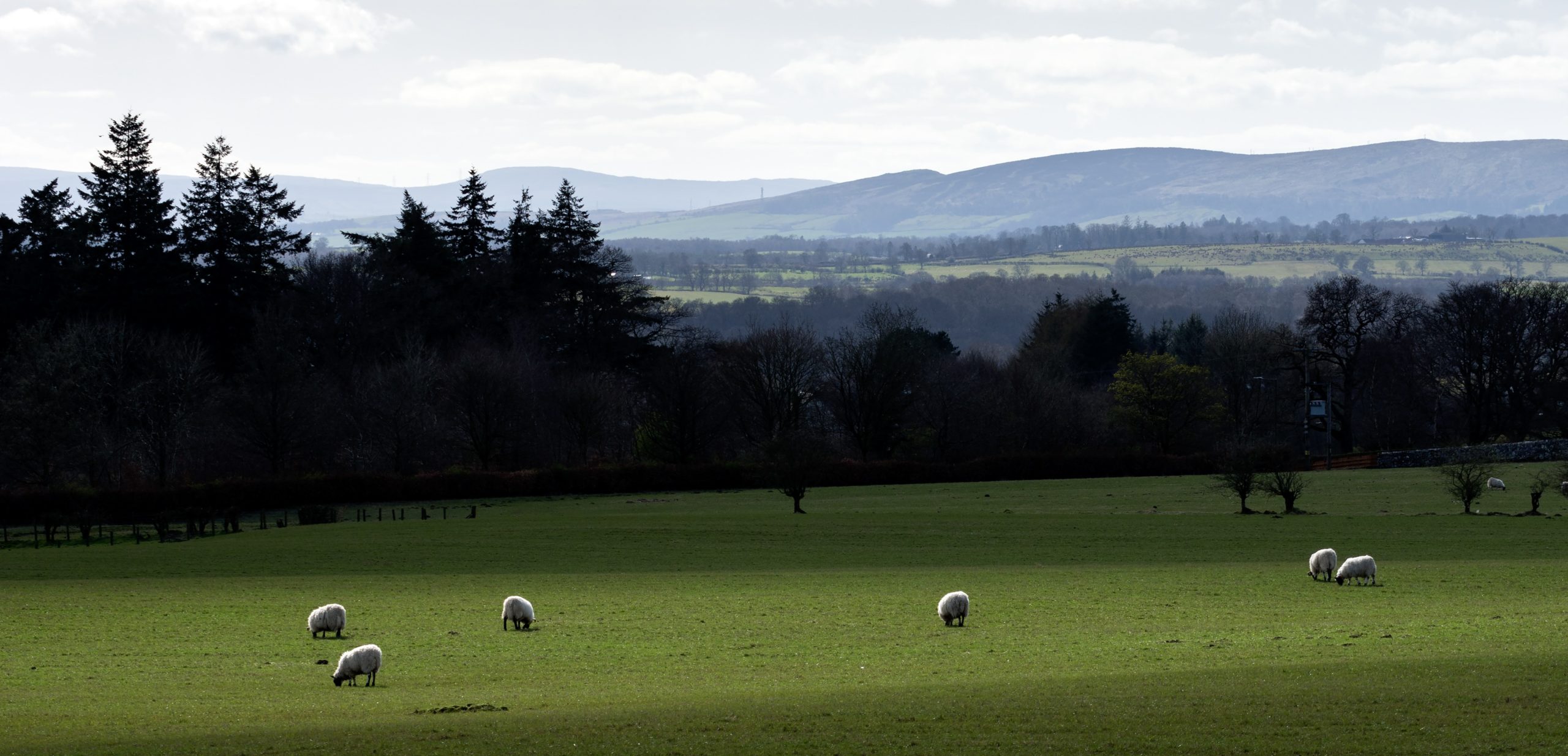By Jane Craigie
For those of us who have studied at an agricultural college, or campus, the bond of connection with that place is strong and enduring. I studied for my degree in agriculture at Seale Hayne Agricultural College in South Devon. As a result of some – in my opinion – bad decision making, and a lack of vision, the college closed its doors in 2005, much to our collective heartache.
The college was established, following the death of Charles Seale Hayne, a Liberal politician and a Devon land-owner. The majestic buildings were built between 1912 and 1914, and its opening was delayed by the start of the First World War when it served as a training centre for Land Girls. In 1920 it opened its doors to its first students.
Unlike Seale Hayne, our rugby and hockey arch rivals, Harper Adams grew and prospered under its strong, visionary leadership. The University College now has an international reputation for agricultural innovation and technology.
Having joined the SRUC board, I see equally visionary leadership, with arguably deeper and wider research capabilities – backed by a unique network of consultants spread countrywide. Within SRUC’s leadership are people who aren’t afraid to think about what Scotland might need in five, ten or 15 years time, to stimulate our iconic food, drink, rural and farming sectors. And what’s amazing is that the bulk of the planned investment is in the north east of Scotland.
The £21m SeedPod hub investment at Craibstone, is being led by Opportunity North East. Here, Scottish people with great, embryonic ideas, will be able to develop their food and drink products in kitchens and concept-testing workshops. SeedPod’s aim is to scale up food manufacturing and food exports from Scotland. SRUC already has a talented team of food and drink consultants, led by Ceri Ritchie. Her team has a long list of pioneering brands growing successfully in British and global markets.
In an equally bold move SRUC announced its intent to launch Scotland’s first vet school in 150 years – again based in Aberdeen. The intent comes at an important time, as rural and remote vet practices struggle to recruit much-needed large animal practitioners, particularly in out-of-the way places.
The thing that struck me most about the vet school, is that – if the project goes ahead, it won’t be academically elitist, students will be considered from a range of practical backgrounds, and their experience in farm work, or artificial insemination, or foot-trimming, will all count in determining their suitability to study to become a vet. When I’d graduated from Seale Hayne, if I’d been able to bypass some of the five year study-time to gain a veterinary degree, I’d have been first in line with my application.
I know that the changes at Craibstone campus have been painful for some in the north east, and I understand this feeling, believe me, but I’ve heard first-hand from my time on SRUC’s student liaison committee just how welcome these progressive projects are amongst the stu dent body – which backs up my belief that these investments, the vision and the focus are wholly right. And I’ve seen firsthand from our board meetings, that these plans don’t diminish SRUC’s commitment to teach all levels of agriculture, animal care, land management and horticulture.
I wish that my college had made such progressive decisions into the future of our farming, rural and food and drink sectors, if it had, we would have just celebrated a rich, and important century in what was – in my opinion- the most beautiful seat of agricultural learning in the UK.

